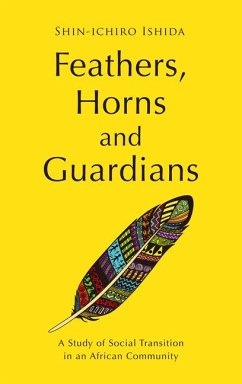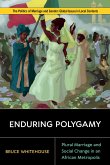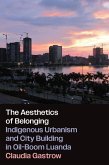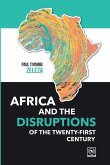The Îgembe region of Kenya is a rich agricultural area on the equator, where people live in a unique time-world. Whenever a problem arises, people do not hasten to a conclusion, but 'wait' as a means of solution. This does not mean doing nothing. It is simply acknowledging the benefits of waiting for a time when the community is better able to resolve the issue. An important characteristic of this indigenous community is its orientation toward communal intentions and exclusion of individualism. In over 20 years of research and extensive fieldwork, the author has traced the major social and historical turning points such as the price collapse of coffee beans, which had supported the local economy, as well as the accumulation of social events such as collective sanctions against sexual predators and multiple homicide compensation claims, to observe how internal village conflicts, initially difficult to resolve by consensus, are overcome by waiting, before rallying to regain 'communal intent' by 'concealing' the individual. This ethnography portrays a contemporary African agrarian people living between their unique time-world, their views of humanity and social structure, the institutions of state governance, and the global cash crop economy.
Hinweis: Dieser Artikel kann nur an eine deutsche Lieferadresse ausgeliefert werden.
Hinweis: Dieser Artikel kann nur an eine deutsche Lieferadresse ausgeliefert werden.








